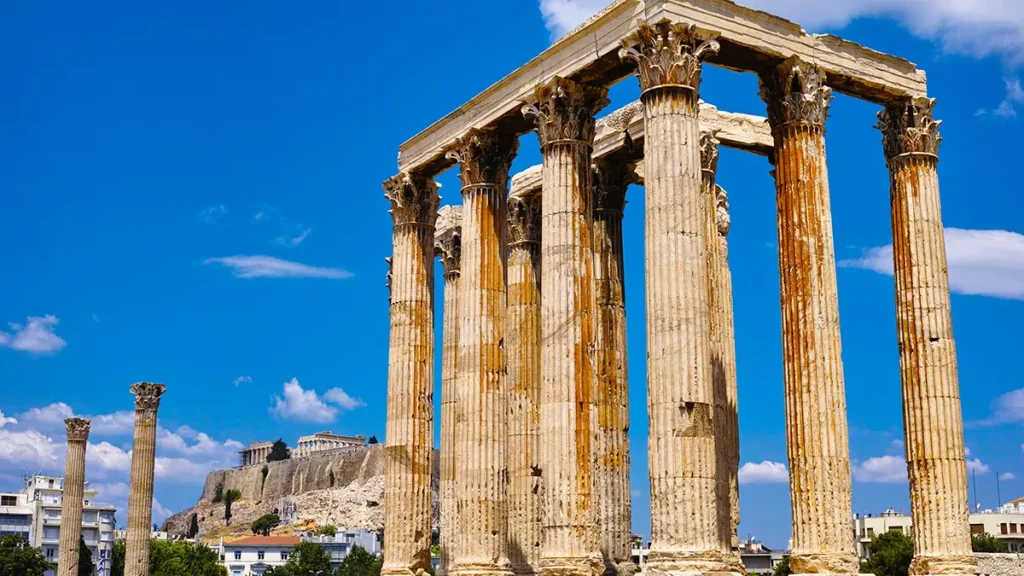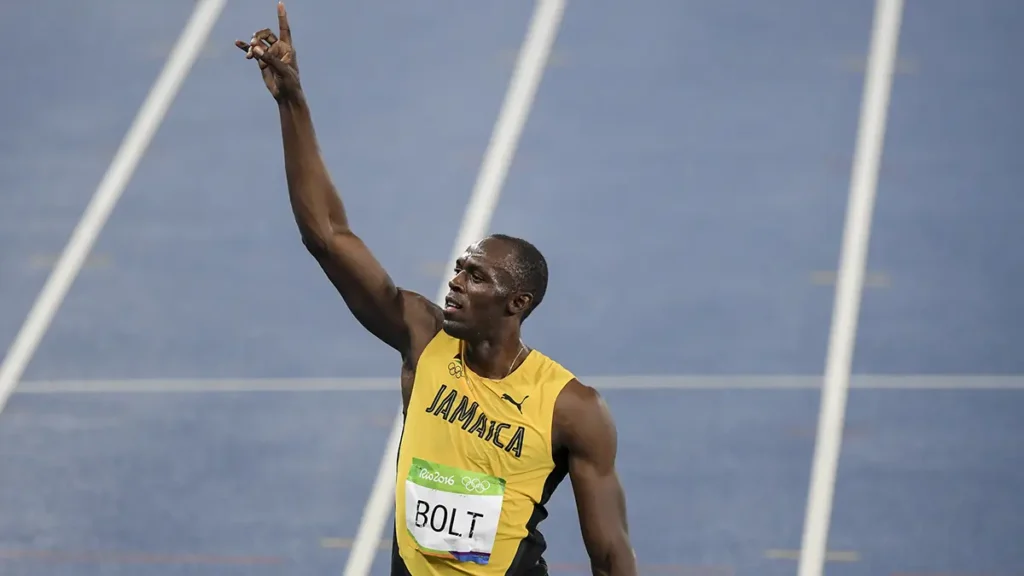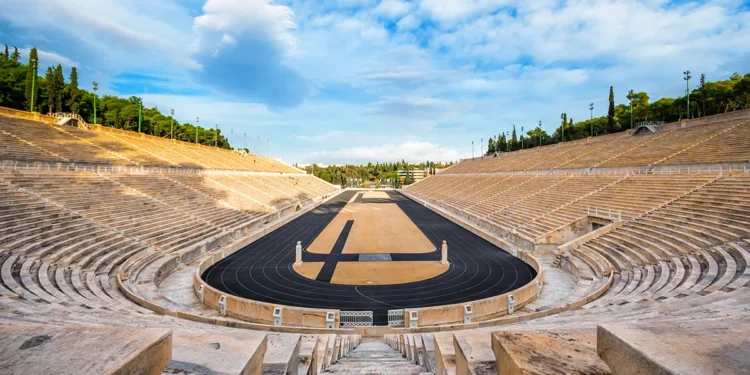Discover how the modern Olympic Games, including the upcoming Paris 2024, have been shaped over time.
The Olympics is one of the few events that truly captivates the globe with its spectacle of athletic prowess and international camaraderie, boasting a storied history that spans the ages, culminating in events like Paris 2024. Its origins can be traced back to Olympia – in ancient Greece – where the games were held in honour of Zeus, marking the inception of the Olympic Movement.
The Inception of the Ancient Olympic Games
The inaugural recorded games occurred in 776 BC, featuring a sole footrace, as well as different arts like music, singing, poetry and theatre included in the Pythian or Delphic Games – different from the Games in Olympia.
Over time, the event blossomed, incorporating a myriad of sports – from wrestling and boxing to chariot racing – laying the groundwork for the diverse array of competitions in the Summer Olympic Games.
Cultural and Religious Significance
The early Olympiads were not merely an athletic competition but a profound religious and cultural festival, bringing together Greeks from disparate city-states, fostering a sense of unity amidst their frequent conflicts.
This tradition continued until AD 393, when Emperor Theodosius I – aiming to promote Christianity – decreed the end of all pagan festivals, thus concluding the ancient Olympics.
The games lay dormant for centuries until their revival in the modern era, thanks to the efforts of Baron Pierre de Coubertin of France.

Founding of the International Olympic Committee
Inspired by the ancient games and driven by the desire to promote peace and understanding among nations through sports, de Coubertin founded the International Olympic Committee (IOC) in 1894 with the first modern Olympics held in Athens in 1896 – a nod to their origins – featuring 241 athletes from 14 nations, across 43 different events.
Since then, the event has evolved into the world’s foremost sports competition, with more than 200 nations participating, held every four years – with the Summer and Winter Games alternating by occurring two years apart. Rio 2016 saw the largest to date, with over 11,000 competitors in 306 individual disciplines, setting a high standard for future Summer Games, including Paris 2024.
The Olympics as a Stage for Social and Political Moments
Unfortunately, it’s not only been a stage for athletic excellence but also a platform for significant social and political moments during the Summer Olympic Games. For instance, Berlin 1936 were utilised by Adolf Hitler to propagate Nazi ideology, only for African-American athlete Jesse Owens to challenge these racist beliefs by winning four gold medals.
While 1968, Mexico City witnessed Tommie Smith and John Carlos’s powerful Black Power protest salute against racial discrimination, during the playing of the United States’ anthem ‘Star Spangled Banner’.
There have also been boycotts and terror, notably the 1972 Munich Games, where a Palestinian terrorist group took 11 Israeli athletes hostage, leading to their tragic deaths, a grim chapter in the history of the Summer Olympic Games.
Resilience and Unity in the Olympics
Yet – amidst adversity – the Olympic spirit of resilience and unity persists, symbolised by moments like North and South Korean athletes marching under a unified flag during the opening ceremony of the 2018 Winter Games.
Over the decades, numerous illustrious athletes have been celebrated for their incredible achievements and whose legacies have transcended their sports, becoming iconic figures in the Olympic Movement.
Record-Breaking Athletes

American swimmer Michael Phelps stands as the most decorated Olympian of all time, with a staggering 28 medals, including 23 golds. His dominance across four Olympics epitomises athletic excellence and dedication.
Similarly, Usain ‘Lightning’ Bolt of Jamaica captivated the world with his charisma and speed, clinching eight gold medals across three Olympics and, in the process, completely redefining sprinting.
On the gymnastics floor, the Soviet Larisa Latynina amassed 18 medals – 14 individual and four team, between 1956 and 1964, a record for 48 years until Phelps surpassed her.
Modern Gymnastics Icons
More recently, and in the same arena as Latynina, Simone Biles of the USA became a symbol of excellence and toughness, pushing the boundaries of the sport with her unprecedented skill and power.
The history of the Olympics is a testament to humanity’s unyielding spirit, a celebration of distinction, perseverance and the unifying power of sports, and we don’t doubt the fact the future will take the same path.










